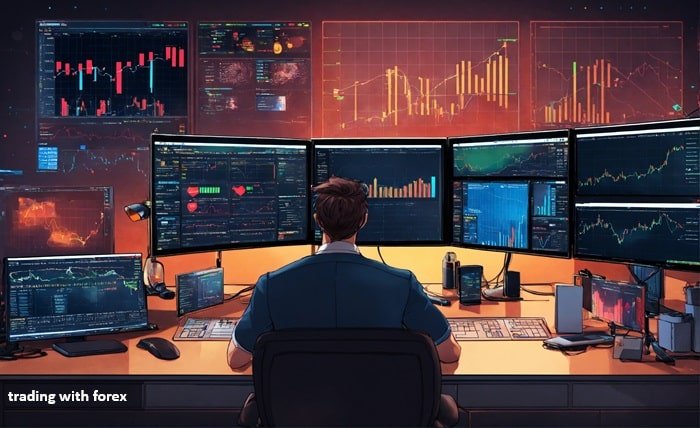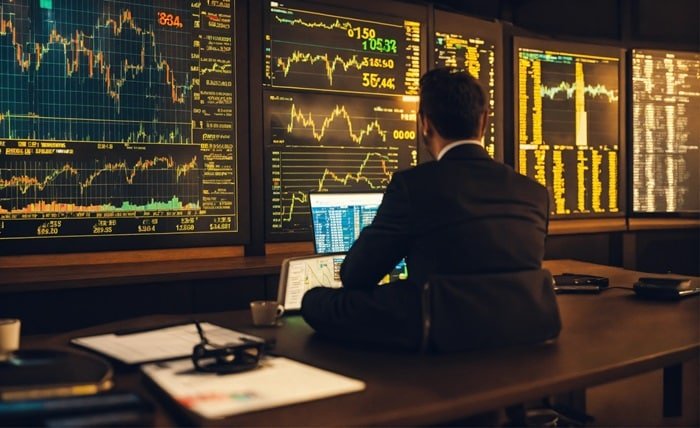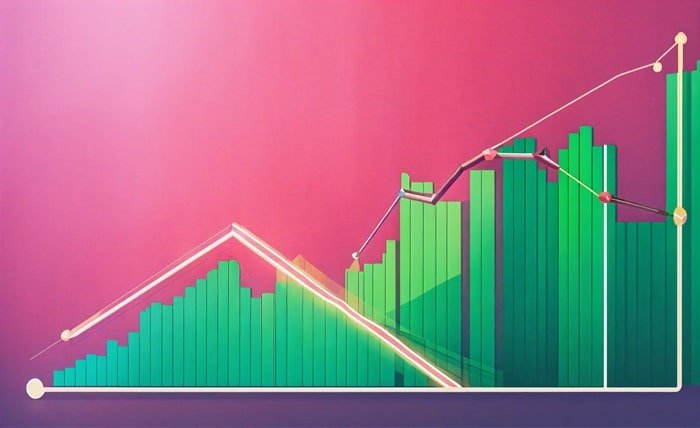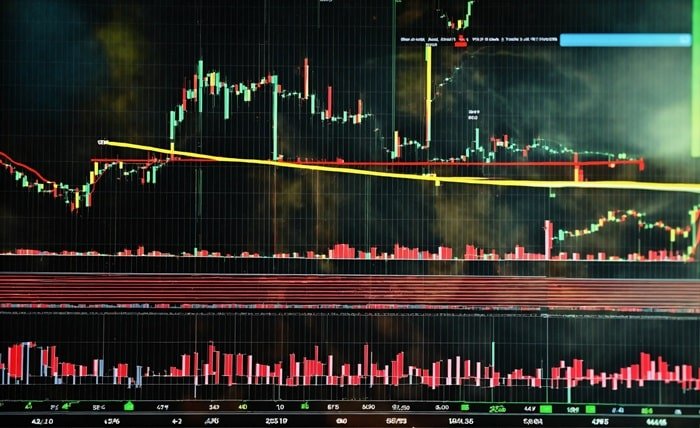Currency trading takes place in the foreign exchange market, or forex, for short. It’s a big, vibrant market. With billions of dollars changing hands every day, it’s the biggest financial market in the world. However, how does it operate, and should you give it any thought? You will learn the fundamentals of trading with forex from this tutorial.
Comprehending the Currency Pair
Purchasing and selling currencies in pairs is part of trading with forex. For example, EUR/USD represents the exchange rate between the Euro and the US Dollar. In essence, you’re betting on whether the value of one currency will increase or decrease to the other.
How are you paid?
The idea is to purchase a pair of currencies at a discount and then sell them at a profit, keeping the difference in value. You can accomplish this if your assessment of the currency’s value movement is accurate.
Utilization: A Double-Sbladed Sword
One important aspect of forex trading is leverage. With less money, you may manage a bigger position thanks to it. Increased potential gains could also lead to an increase in losses. Use leverage with caution as it could lead to significant financial losses.
What drives changes in market prices?
Many factors, including world events, political stability, and economic indicators (inflation, interest rates), influence currency exchange rates. It is essential to comprehend these elements to make wise trading judgments.
Marketplaces and Instruments for Trading
Services for trading FX are available on several websites. To assist you in navigating the market, these systems offer real-time quotations, charts, and analytical tools. Select a trustworthy platform with features that are easy to use and transparent pricing plans.
Demo Accounts: Improvement Through Practice
The majority of forex brokers provide virtual currency demo accounts. Before engaging in real-time trading, this enables you to practice and test your trading techniques in a risk-free setting.
The Hazards Associated with Trading Forex
Trading forex is, by its very nature, dangerous. Unforeseen circumstances might result in substantial losses due to the volatility of currency markets. Risk management techniques should always come first, and you should never invest more than you can afford to lose.
Conclusion
Forex trading may be a very profitable endeavor, but it also calls for a thorough grasp of the market, discipline, and education. Before you begin, establish a solid trading strategy, manage your risks prudently, and avoid trading with funds you cannot afford to lose.
FAQs
1. Is forex trading a good way to get rich quickly?
No. Forex trading requires skill, knowledge, and discipline. While profits are possible, it’s not a get-rich-quick scheme.
2. How much money do I need to start trading forex?
The minimum amount varies depending on the broker. Some platforms offer entry points with a few hundred dollars, but starting small and gradually increasing your involvement is recommended.
3. What are the risks involved in forex trading?
The primary risk is losing your capital due to market fluctuations. Leverage can further magnify these losses.
4. Where can I learn more about forex trading?
Many educational resources are available online and through forex brokers. Consider starting with demo accounts and educational materials before risking real capital.
5. Do I need a degree to become a forex trader?
No, a degree isn’t mandatory. However, a strong understanding of finance, economics, and risk management is crucial for success.




